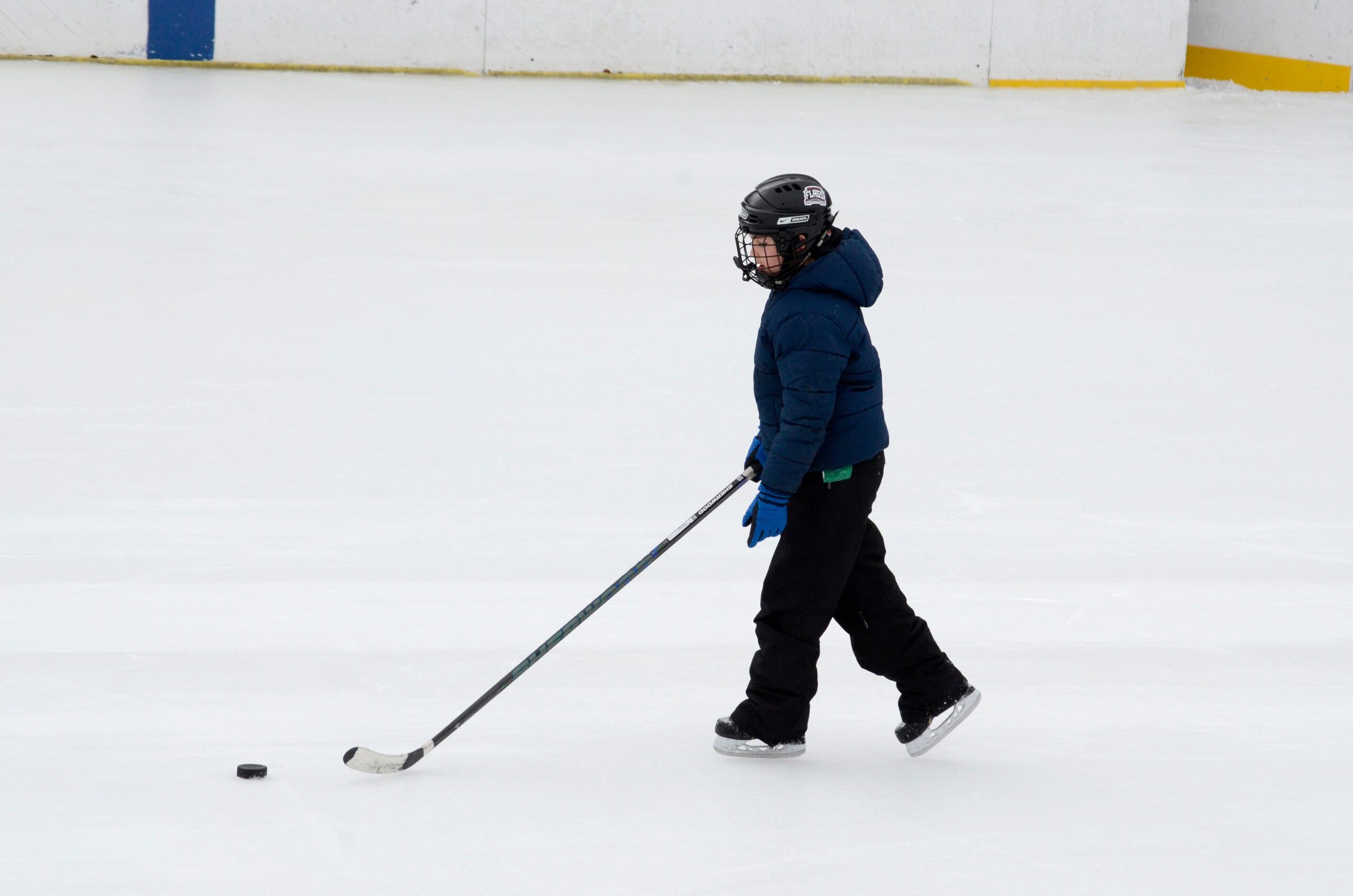
Michael Julian
Second Generation CEO
Residential security is a serious matter, and it requires well-trained security teams to keep residents safe. The process of hiring and training these teams requires careful planning and execution. In this post, we will discuss the best practices for hiring and training residential security teams.
Residential security guards are responsible for protecting the residents, property, and assets of residential complexes. These teams are expected to be well-trained, professional, and capable of handling any situation that may arise. In order to achieve this it's important to follow best practices when hiring and training residential security agents.
Before we dive into the best practices for hiring & training residential security guards, it's important to understand their role. Residential Security Teams (RST's) are responsible for a variety of tasks including:
Given the importance of their role, it is crucial to ensure that each agent is properly trained and equipped to handle their responsibilities.
Hiring the right people for your RST is critical. The following are the best practices for hiring residential security agents.
Before you start the hiring process, it's crucial to identify the qualities you are looking for in your candidates. Some of the key qualities to consider include:
Once you have identified the qualities you are looking for in a candidate, you need to screen your candidates carefully. This can include:
One of the most important steps in the screening process is conducting background checks. This can include:
It is important to assess the skills and qualifications of your candidates before making a hiring decision. This can include:
Behavioral interviewing is a technique used to assess a candidate's past behavior in certain situations to predict their future behavior. This can be a valuable tool for assessing a candidate's fit for the role.
Once you have completed the screening process, it is important to make the right hire. This involves:
Now that you have hired your RST its important to provide them with ongoing training and development. The following are the best practices for training residential security teams.
Orientation and onboarding are one of the first stepss in training your new agents. This process should include:
Ongoing training and development is critical for ensuring that your RST agents stays up-to-date with the latest security trends, techniques, and technologies. This can include:
Emergency preparedness training is essential for ensuring that your RST is prepared to handle a variety of emergency situations. This can include:
Effective communication is essential for any residential security team. Your team should be trained on:
Conflict resolution is an important skill for any residential security team member. Your team should be trained on:
While the use of force should always be a last resort, it is important for your residential security team to be trained on how to use force appropriately when necessary. This can include:
Hiring and training residential security teams (RST) is a critical component of maintaining a safe and secure residential complex. By following best practices for hiring and training, you can ensure that your team is well-equipped to handle any situation that may arise.

Since 1967, MPS Security & Protection has delivered professional protected security grounded in respect, coordination, and discretion. We’re a 3rd-generation firm with longstanding client relationships and worldwide connections.
“No two clients are the same, and neither are their needs. We protect what matters most, so you don't have to.” — Our protection is tailored to your risks, lifestyle, and operations.
Experts in Executive Protection and Uniformed Security.

Second Generation CEO

President

Executive Protection Manager

Uniform Security Manager
RST teams safeguard homes and families with 24/7 protection and low-profile coverage.
We’re always looking for professional Executive Protection Agents and Uniformed Security Officers. Apply through our portal.
Let’s discuss your needs and design a protection plan that fits your risk profile.
Many organizations conduct a security assessment when opening a facility, after a renovation, or following a specific incident. Once the report is com… By: Michael D. Julian Many organizations assume that hiring security personnel automatically reduces risk. Uniforms are visible. Posts are covered. Access points are staffe… By: Michael D. Julian A tragic shooting at the Dennis M. Lynch Arena in Pawtucket, Rhode Island on February 16, 2026 shocked the nation and reminded communities how quickly… By: Michael D. Julian Many organizations view security primarily as a protective measure. Guards are placed to deter threats, monitor access points, or respond to incidents… By: Michael D. Julian Many organizations believe they have a security plan simply because they have security personnel on site. While presence matters, planning that is not… By: Michael D. Julian Many organizations approach security as a response rather than a strategy. Security is added after an incident, increased when something goes wrong, o… By: Michael D. Julian When most people hear the phrase "executive protection," they picture sunglasses, black suits, large frames, and a physical shield between a VIP and a… By: Michael D. Julian For many people, the term "executive protection" conjures images of imposing bodyguards in suits, sunglasses, and earpiecesâ€"highly visible and unmis… By: Michael D. Julian
Executive Protection • Uniformed Security • Residential & Family Security • Travel & Event Protection Headquarters: Murrieta, CA info@security-mps.com Los Angeles, CA Office Las Vegas, NV Office Recent MPS Security Insights

Why Security Assessments Should Be Ongoing, Not One-Time Events
The Hidden Liability of Undertrained Security Personnel
Why the 2026 Pawtucket Ice Rink Shooting Shows Security and Preparedness Are Essential
How Professional Security Preserves Operational Stability
Why Security Planning Fails Without Environment-Specific Design
The Cost of Reactive Security in High-Risk Environments
Why Modern Executive Protection Is More About Risk Management, Not Bodyguards
What Low-Visibility Executive Protection Really Means (and Why VIPs Prefer It)
Website Developed and Managed by BizAutomate.ai
(951) 677-3500
213-650-4408
A satellite office is located in Los Angeles, California to accommodate our valued clients in the Los Angeles metropolitan area.
725-777-0223
MPS Security provides security services, including executive protection and uniformed agents in Las Vegas, Nevada. ![]() MPS Security
MPS Security
![]() :
Hi! Thanks for visiting! How can I help?
:
Hi! Thanks for visiting! How can I help?